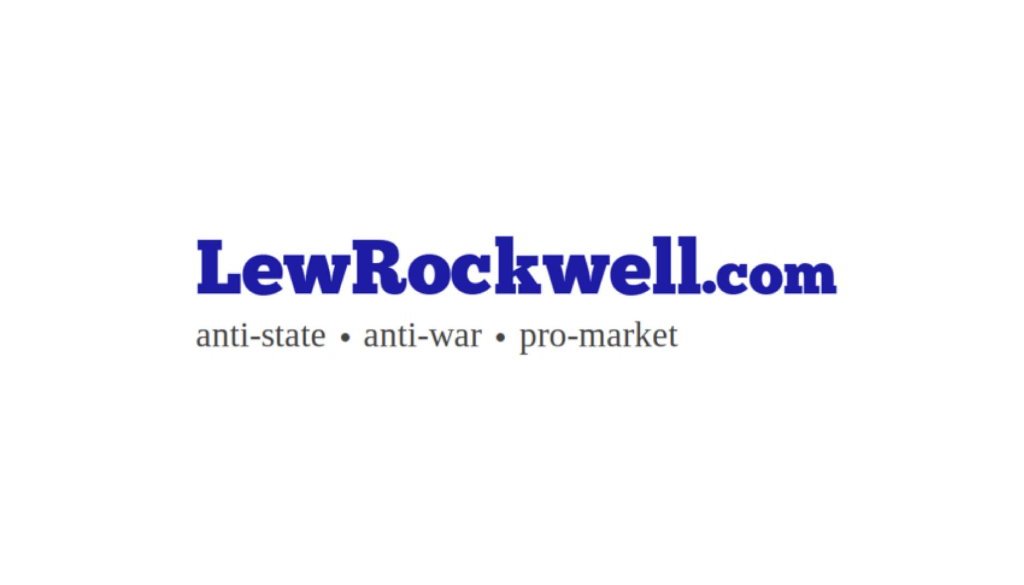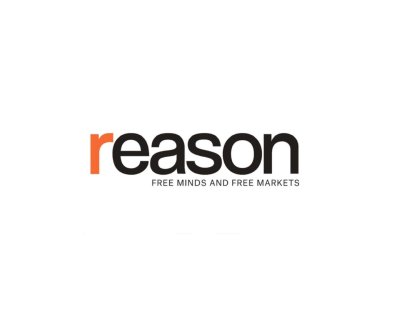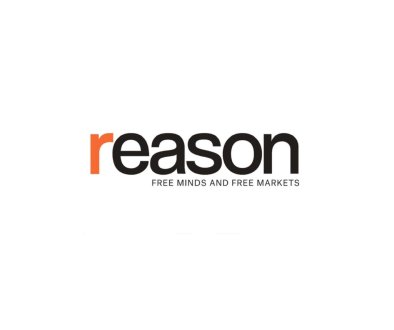On the Constant, Unrelenting and Unhinged Anti-Trump Propaganda of the German Media
A few days ago, some important Twitter personalities noticed that Germans vastly overestimate Kamala Harris’s chances of winning the U.S. presidency:
“Who will win the US presidential election?” ask ZDF’s Politbarometer
According to that very same poll, 83% of Germans believe that a Trump victory would be “rather bad” for Germany:
Pollsters periodically ask Germans which American presidential candidate they would support, were they in a position to vote. Last July, 79% said they would vote for Kamala Harris; only 13% would vote for Donald Trump. The numbers are typical: Barack Obama claimed 71% support in a similar poll from 2008 and Hillary Clinton enjoyed 82% support in 2016. Right now, Green voters split 99% for Harris, Social Democrat voters 92%, nominally centre-right CDU/CSU voters 89%, market-liberal FDP voters 85%, and voters for the old-school leftist Bündnis Sahra Wagenknecht party 52%. Across the entire German political landscape, only Alternative für Deutschland voters would support Trump by a thin majority of 51%. Even here, one-in-four are undecided, and the remaining one-in-four would vote for Harris.
You might be tempted to argue that differing national interests explain this, but I don’t think that argument works. It’s far from obvious that a Harris administration would further the interests of the German people. The war in Ukraine and the associated bombing of Nord Stream, for example, were both enthusiastically supported by Joe Biden specifically, and they proved catastrophic for the Federal Republic. What is really going on here is much subtler: Many Germans know E
Article from LewRockwell

LewRockwell.com is a libertarian website that publishes articles, essays, and blog posts advocating for minimal government, free markets, and individual liberty. The site was founded by Lew Rockwell, an American libertarian political commentator, activist, and former congressional staffer. The website often features content that is critical of mainstream politics, state intervention, and foreign policy, among other topics. It is a platform frequently used to disseminate Austrian economics, a school of economic thought that is popular among some libertarians.




